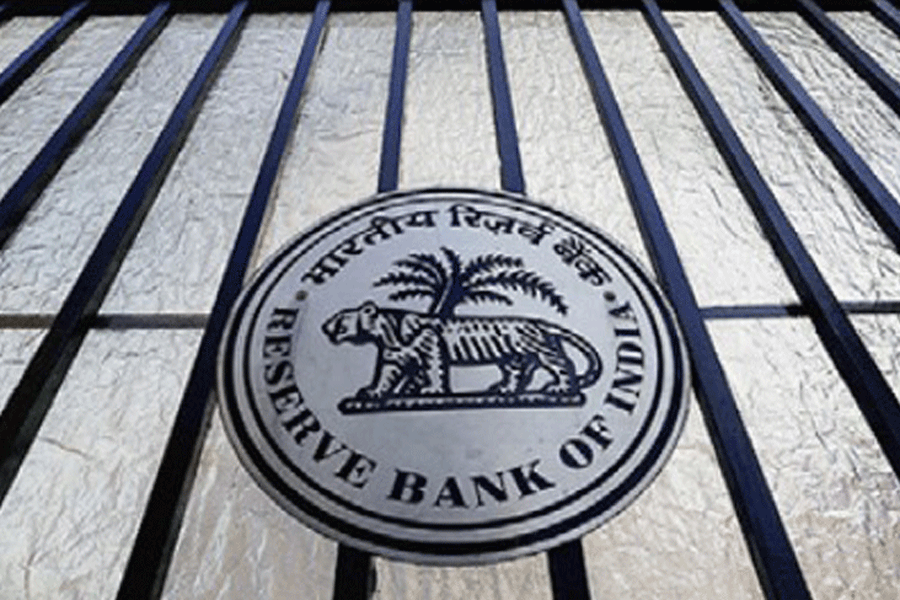As expected in many quarters, in its latest Monetary Policy Committee meeting, the Reserve Bank of India decided to put a pause on interest rate hikes. The repo rate was held unchanged at 6.5% after six consecutive hikes since May 2022 amounting to a total increase of 250 basis points. The pause in hikes was influenced by a slowdown in inflationary pressures. The Consumer Price Index inflation is still hovering over 5%, which is above the target rate of 4%. The slowdown has been the result of a softening of food and fuel prices. The RBI has also, possibly, kept in mind the reduction in forecasted growth rates of Gross Domestic Product for India. Although the RBI has stuck to its forecast of 6.5% for FY24, the World Bank has reduced its forecast from 6.6% in December 2022 to 6.3% currently for the year 2023. The RBI needs to support capital formation and consumption demand for growth rates to pick up. However, it cannot let inflation get out of hand. Keeping a watch on inflationary trends is important for a couple of reasons. Inflation, this time around, is a global phenomenon that has been difficult to tame. It has been aggravated by continuing supply chain disruptions leading to unpredictable price movements. The second reason lies nearer home. With parliamentary elections due in 2024, strong inflationary trends will leave the policy-makers embarrassed with electoral consequences. The India Meteorological Department has predicted a normal monsoon, but the EL Nino effect is uncertain. If agricultural production is hit, inflation may rise all over again.
The RBI has a tricky task on its hands in balancing credit needs at stable interest rates to meet the demands of industry and consumers. This might lead to inflationary forces gaining momentum. A persistently high interest rate regime would constrain investments and consumption spending. At the moment, the captains of industry are not displeased and have called for a quick reversal of the rate cycle, expecting rates to decline at the time of the next monetary policy announcement. That remains an uncertainty. Despite the analytical and statistical tools available to the RBI, the prediction of inflation is not easy as it depends on the expectations and perceptions of, and the economic ability to spend by, economic agents put together. Inflation is always considered a political spoiler. The RBI needs to keep ‘Arjuna’s eye’ on inflationary pressures.











